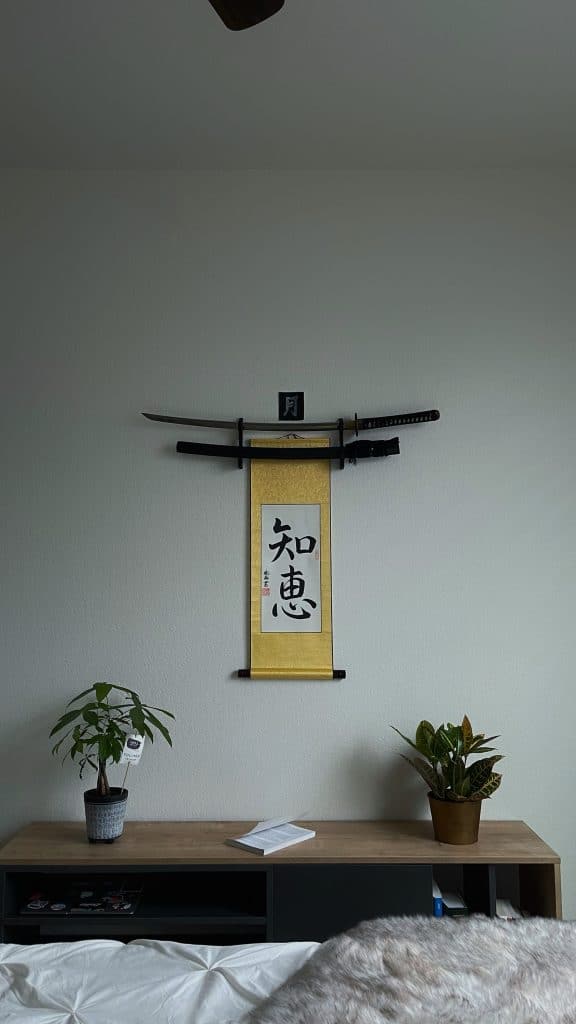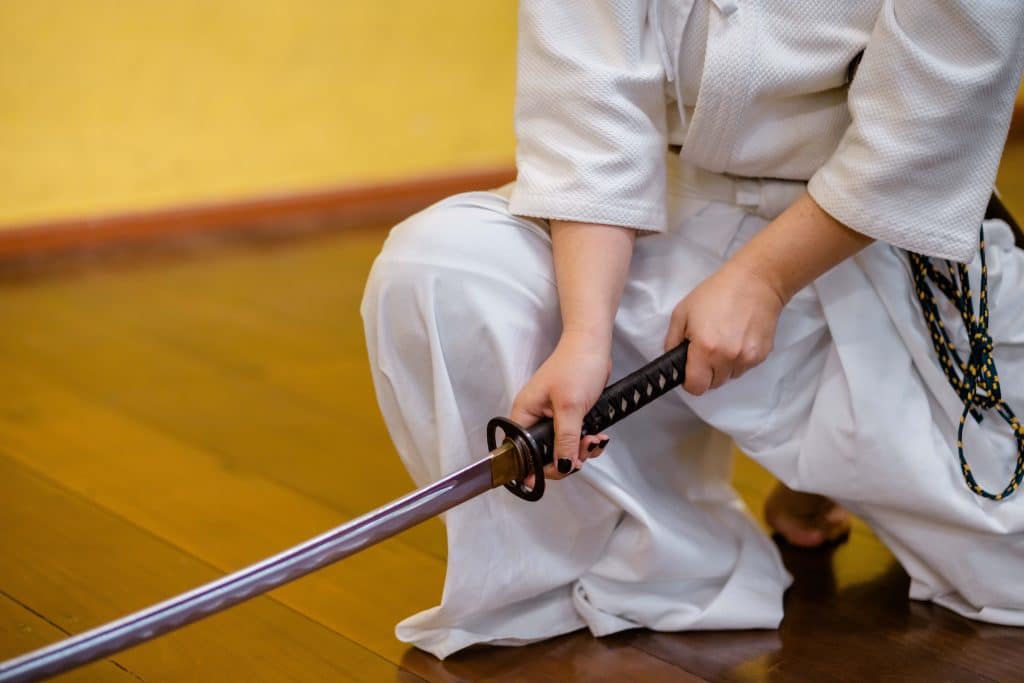Samurai swords represent the rich Japanese culture. Anybody who owns a Japanese sword is considered a warrior. Highly regarded and treasured, these swords are made from high-quality materials that’s why they last long. However, like any other sword, a Samurai Sword requires regular maintenance. Don’t make the following Japanese sword maintenance mistakes.
Storing It with Its Edge Facing Down
The cutting edge of a samurai sword should face up. According to traditional Japanese culture, the samurai used to carry the katana with the edge facing up. Thus, it’s recommended that you store your katana with the edge facing up. This is designed to protect the blade from getting damaged.
Failing To Oil the Blade

Besides proper storage, you should oil the blades regularly. Oiling prevents the blades from rusting. Of course, high-quality katana swords are resistant to corrosion. However, not oiling them increases the chances of getting corroded.
Don’t Touch the Blade
Don’t touch the blades. Besides hurting your hands, touching it can damage the blades. Your hands may contain salt-rich sweat, which can catalyze the process of corrosion. Thus, your fingers shouldn’t come close to the blades. You are allowed to touch other parts.
Leather Sheath Shouldn’t Store Your Sword
Your sword requires enough protection, which is not available in a leather sheath. Soft in nature, leather sheath houses a lot of moisture. Thus, they don’t offer the much-needed protection for your katana. Instead of a leather sheath, use a scabbard to store your katana. Stronger and more durable, scabbards are the best when it comes to storing Japanese swords.
Don’t Overlook Humidity
Humidity can affect your katana. Remember, air containing a lot of moisture can lead to the buildup of saturated vapor around the blades. As stated before, water can accelerate the process of corrosion in the blades. Thus, store your katana in a dry place. The relative humidity of your storage unit should be 40-50 percent.
Don’t Fail To Take It Out
Take your sword out from time to time. Don’t leave it in its storage unit for long. Keeping it in an airtight storage unit will expose it to mold. Preferably, take it out once after every two weeks for inspection.
Apply Oil Before Storage
If you are storing your sword for long, consider coating the blade with high-quality protective oil. The best oil to use is choji oil. Made from clove oil extracts and mineral oil, the choji oil will create a protective barrier, minimizing corrosion or rust on the blades.

Storing It Dirty
Dirt can react with the steel blades, resulting in rusting or corrosion. Don’t touch it with dirty hands. Clean it before applying the choji oil.
Other Tips
Here are additional mistakes you should avoid:
- Store your Japanese sword horizontally.
- Never store your sword in an artificial climate. For instance, climate-controlled environments are not good for a Japanese sword.
The Bottom-Line
If you treasure your Samurai sword, maintain it well. Oil it regularly. Don’t store it with the edge facing down. Store it in the right place. Never touch the sword with your bare hands. Schedule regular care and maintenance. Avoid making the above maintenance mistakes if you want your samurai sword to last long.













Leave a Reply